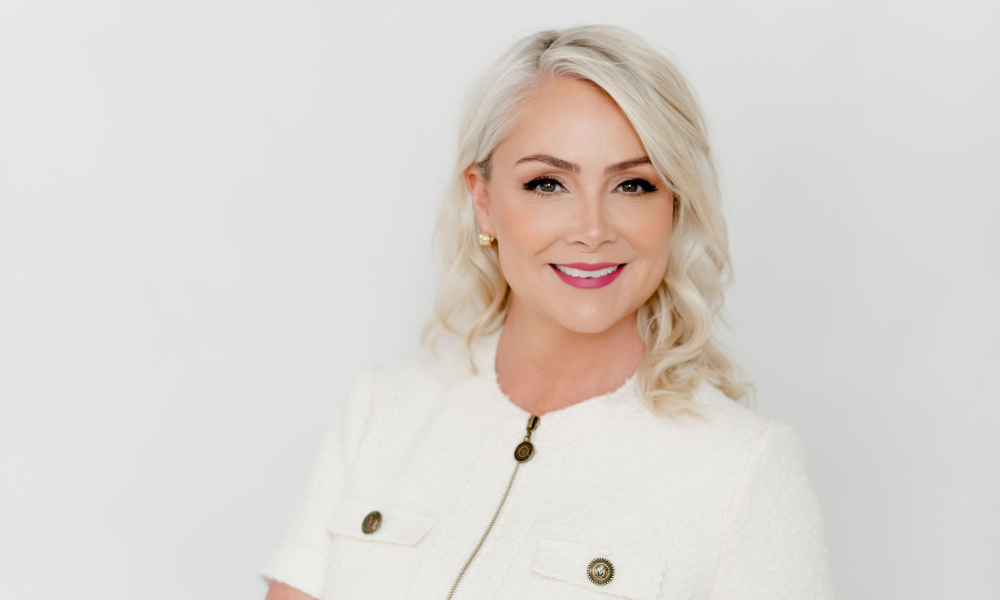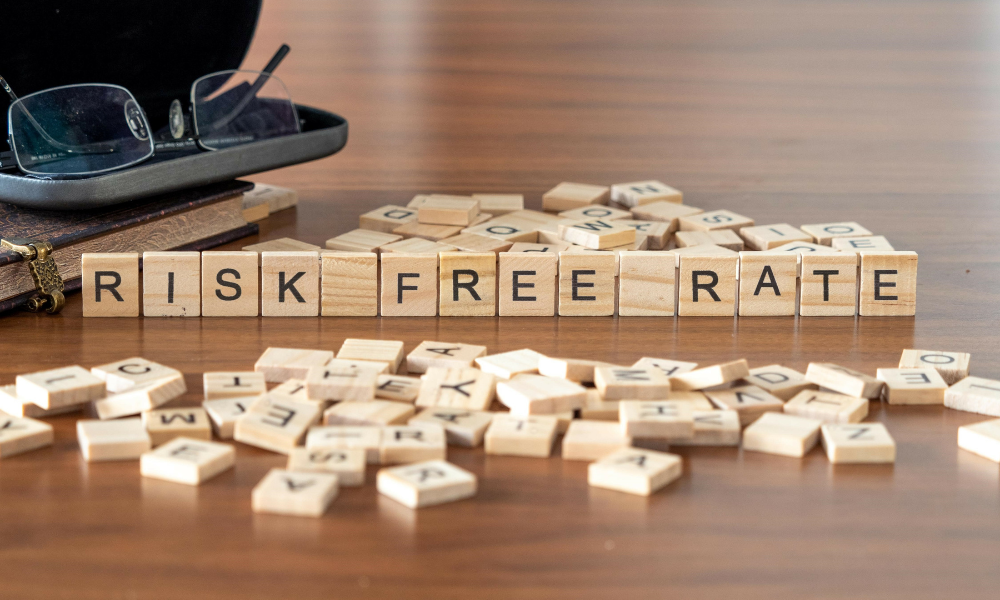On the eve of World Mental Health Day, now is a good time to check on how you and your staff are doing

As we mark World Mental Health Day on Monday, one financial advisor is cautioning others to be honest with themselves about how they and their staff are doing, so their mental health never impacts clients or portfolios.
“As advisors, it’s important for us to remember that we are human and not immune to how the world turns. We need to make sure that we’re being honest with ourselves and our about how we’re feeling and what’s going on. That’s really the defence of how to manage mental health,” said Robyn Thompson, founder and president of Castlemark Wealth Management, one of the Best Wealth Management Teams in Canada.
While she’s never heard of an advisor who’s put their clients or their portfolios at risk in this manner, she said administrative staff can begin to feel burdened at times, so may need the space to step back.
“In my firm, the advisors carry licenses, so we perform the licensed and registered activity, and anything that’s not a licensed or registered activity flows to the administrative support. So, if there’s too much data going to the admin side, you could have a tendency to overwhelm the backup staff and that’s where it starts to become a problem,” she said. “You need to make sure that you’re monitoring and taking care of your staff, and not putting them in a position where they’re going to experience burnout.”
Thompson said it can be a bigger danger in a holistic firm that is doing insurance, investment, financial, and tax planning. Advisors need to be aware of the workload they’re placing on their admin staff, particularly if they’ve been able to pull back themselves.
Read more: Entrepreneurs still dealing with mental health issues post-pandemic
Thompson, who’s recently experienced some physical health issues, said it’s important for advisors to be aware of how everyone in their business is doing and have strategies to support them. Her company’s advisors and staff know where they can draw the line between being present for clients and not becoming overwhelmed themselves.
That’s never truer than in the current circumstances, when everyone has weathered COVID and now is working with market volatility and clients concerned about rising inflation and interest rates.
“This is a very pressured and stress-packed job, and there’s always somebody that wants something from us,” she said. “It’s important to understand that this is a time when we need to have work-life balance with our advisors and employees and make sure they have enough time to be able to reset their own lives.”
Her office, which is an all-female firm that tries to go the extra mile for clients, is also using a two-day office hybrid model. “We’re really trying to ensure that we have the environment where we’re able to contribute to each other and communicate and have a conversation,” she said.
“There’s something about sitting in a room with all your staff and advisors and having one-on-one conversations, and being able to see where they are and how they’re acting, and how they’re managing in this new world. Zoom is great, but it doesn’t give you the touch points to really sit down and check in and say, ‘How are you doing? How is everything going? And how can we support you?’”
Read more: Research reveals 92% of advisors have clients with mental health issues
While teams can build in that support for its members, Thompson encouraged sole proprietors to monitor how they’re doing and ensure they get the breaks they need, too.
“You need to understand the capacity that you have as far as your clients are concerned,” she said. “If you’re investing for the longer term and sticking to a longer-term plan, it’s not going to make a significant difference if you have a one or two-day delay. If you’re buying and selling securities on a regular basis, this will be a harder market for you to navigate.
“If you’re someone who is managing your own practice, and you have all of your financial plans, insurance, and checks and balances in place, then it’s really about understanding how you can reduce your workload to give yourself the reprieve you need to build yourself back up. It’s about taking that honest check-in and not feeling guilty that you may need to put off some meetings or clear your schedule for awhile to make sure you’re getting the rest you need, or a walk in nature, or the therapy or support you need from your friends or family to let your mind settle.
“Self-care is important. If you’re on your own, it’s about being responsible to yourself and, in turn, you’ll be responsible to your clients.”



